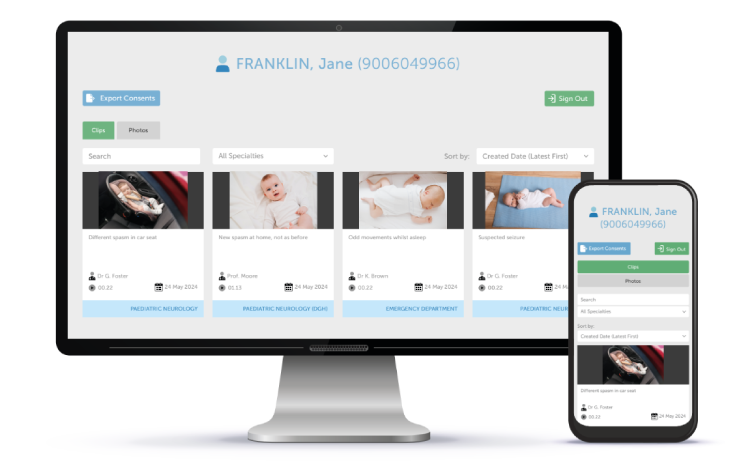Digital Health Coffee Time Briefing 
- 30 January 2025

Your morning summary of digital health news, information and events to know about if you want to be “in the know”.







Almost £14 bn is needed to plug a rocketing build-up of NHS repairs, according to a National Audit Office (NAO) report, with public sector maintenance backlogs including hospitals estimated to have reached £49 bn.
The report, published on 22 January 2025, found that, on average, some 5,400 clinical service incidents occurred in the NHS every year between 2019-20 and 2023-24 as a result of property and infrastructure failures.
Commenting on the findings, Saffron Cordery, interim chief executive at NHS Providers, said: “The safety of patients and staff is at risk. This can’t go on.
“The list of essential repairs across the NHS waiting to be done keeps getting longer and the costs are rocketing. Vital bits of the NHS are literally falling apart after years of underinvestment nationally.”

Think tank, The Health Foundation assesses the feasibility Labour’s 18-week elective care target in its analysis, ‘Government’s plan for 18-week NHS waiting times: is it realistic?‘
The report, published on 17 January 2025, estimates that hitting the target will require the number of people being removed from waiting lists to increase from 20.8 million a year in July 2024, to 23.5 million a year in July 2029. This will require around 500,000 extra treatments in the first year, rising to 2.6 million extra treatments in the final year — an annual increase of 2.4%.
While The Health Foundation suggests this is achievable, the percentage of patients currently waiting 18 weeks or less will need to increase from 59% in October 2024 to 92% by July 2029, it says. It points out that this standard has not been met since 2015/16, leaving “a huge gap between the performance standard and the service patients are experiencing.”
It also notes that, while the last Labour government succeeded in driving waiting times down from 12 weeks to five, it did so “in more promising economic circumstances, over a longer period of time and with more significant increases in investment than are likely to be available this time.”
The report concludes: “While [reforms] will help, the impact they will have is uncertain.
“Meeting the government’s pledge while addressing pressing needs in other areas of care will be a huge challenge.”

12 February, webinar – Ensuring data quality in AI: Practical and ethical challenges


